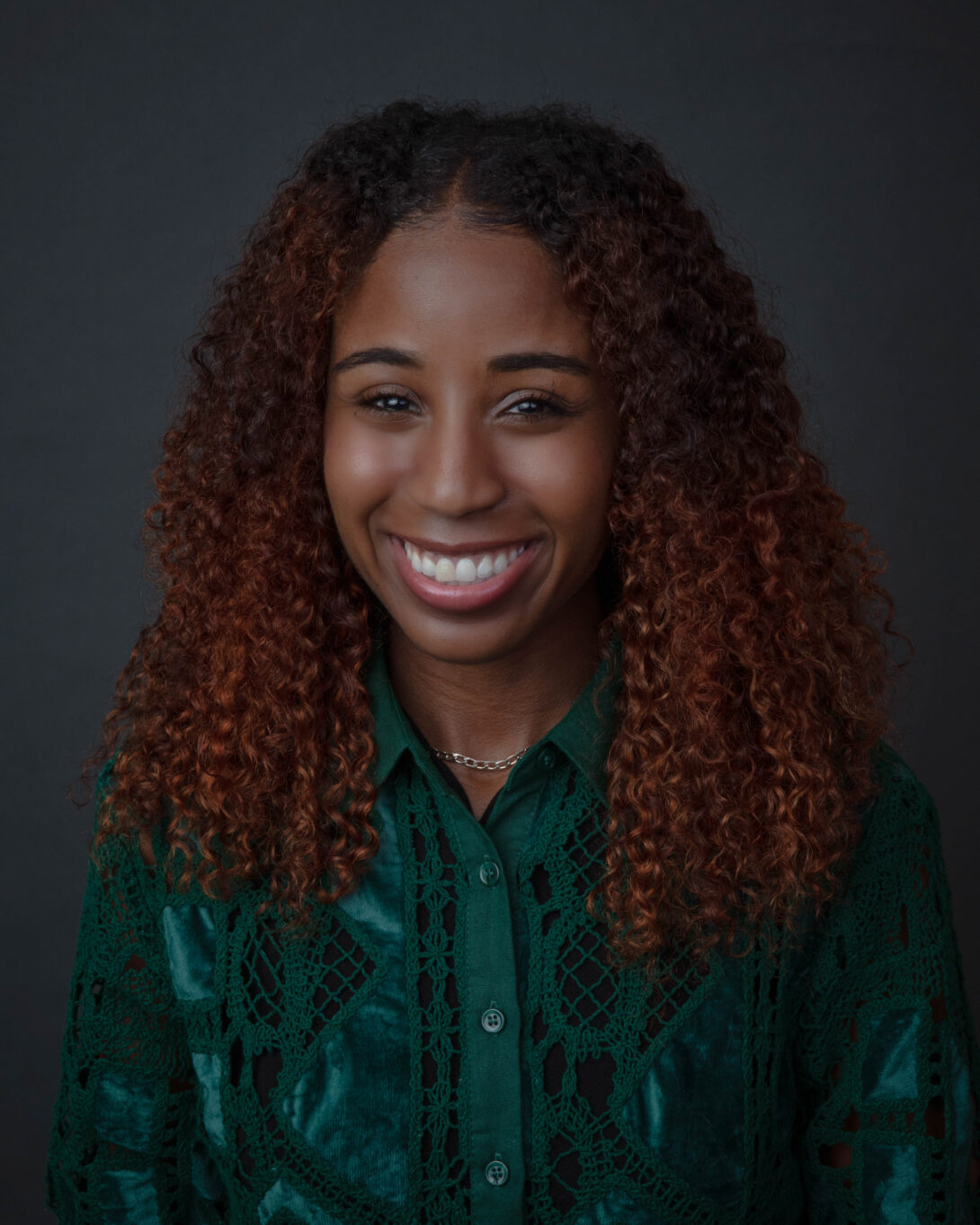Underrepresented in Medicine Student Research Program welcomes new student researcher
Underrepresented in Medicine Student Research Program welcomes new student researcher

Ashley Donald, a second-year medical student, has been selected for the UICOMR’s Underrepresented in Medicine Student Research Program (URMSRP).
This program provides medical students from groups who are underrepresented in medicine an opportunity to engage in a research project under the mentorship of experienced researchers and principal investigators.
According to the American Association of Medical Colleges, underrepresented in medicine means those racial and ethnic populations that are underrepresented in the medical profession relative to their numbers in the general population.
Each year, one UICOMR medical student is selected for the program, which provides up to $2,500 in funding for the duration of the student’s project in basic science, clinical, community or translational research.
The URMSRP is a 1- to 3-year research program aimed at stimulating and encouraging underrepresented in medicine individuals’ interest in research and scholarship. The program is made possible by the generous contribution of UICOMR alumna Marygrace Elson, MD, MME, FACOG, and funded via the Marygrace Elson, MD ’82 Catalyst Fund.
“I am extremely honored to have been chosen as this year’s student researcher for the Underrepresented in Medicine Student Research Program,” Donald says. “The program’s goal of cultivating a cohort of doctors who are committed to reducing health care inequities is a powerful example of the integration of diversity in medicine. As a Black woman in medicine with this research opportunity, I hope to further aid the program in paving the way for innovative solutions that cater to the needs of diverse patient populations by continuing to advocate for students who are underrepresented in medicine. I will use this opportunity as the cornerstone to launch my career and inspire the next generation of diverse student physicians.”
Donald’s project focuses on maternal and perinatal morbidity and mortality in the Rockford region and she will be working under the faculty advisement of Funminiyi Taylor, MD, clinical associate professor and chair, UICOMR Department of Obstetrics and Gynecology. Dr. Taylor practices obstetrics and maternal-fetal medicine at Mercyhealth in Rockford. Donald will also work with Alesia Jones, PhD, assistant dean for diversity and inclusion for UICOMR and director of the URMSRP along with Francis Kazungu, research associate, Division of Health Research and Evaluation, Department of Family and Community Medicine, to further develop and implement her research project.
“I am excited to partner with Ashley on this project,” Dr. Taylor says. “There is a love of humanity that she possesses, one in which drives her to examine gaps in healthcare in our region with the eventual goal of providing actionable solutions to ensure equal access to health care regardless of whatever barriers may be present.”
Maternal mortality has been rising in the United States. A report from the Centers for Disease Control and Prevention counted 1,205 U.S. women who died of maternal causes in 2021, compared with 861 in 2020 and 754 in 2019. Black women face a much higher risk of maternal death as there were 69.9 deaths per 100,000 live births among Black women in the U.S. in 2021.
“We are committed to supporting Ashley because her research project will provide a closer examination of maternal and perinatal morbidity and mortality in our region,” Dr. Jones says. “Results of her study will undoubtedly identify disparities faced by women receiving maternal and perinatal care. We hope findings from her study will assist health care providers in meeting the needs of this patient population.”
The Underrepresented in Medicine Student Research Program launched in spring 2022. Danielle Rossell, who is conducting research that seeks to understand and address breast implant illness (project title: Serum CD30 and its Relationship to Breast Implant Illness), was the first student selected for the program.